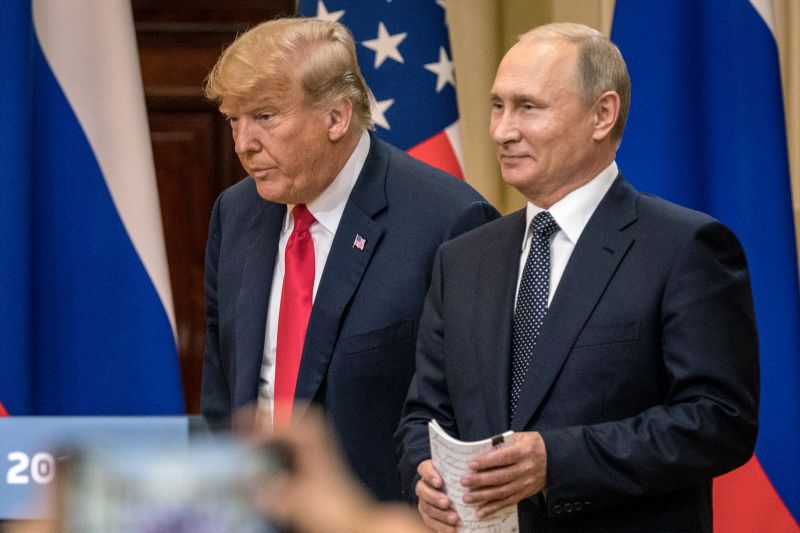While the tension between the United States and Russia has often been the centerfold of international news, they have also collaborated on a number of issues, including the fight against the common enemy, Covid-19. This article will analyze one of such instances, where Kremlin confirmed that former U.S. President Donald Trump sent Covid-19 tests to Russia. This indeed was a surprising development given that Trump denied the claim when revealed by Pulitzer-prize winning journalist, Bob Woodward.
In the midst of the pandemic, President Trump aided Russia by shipping valuable COVID-19 tests. The disclosure came not from the American side, but from Dmitry Peskov, the Press Secretary for the President of Russia, who, on multiple occasions, acknowledged his country’s appreciation for America’s assistance. The later denial by Trump took the world by surprise, raising a few eyebrows about the authenticity of the entire episode.
Peskov, in his statements, had been explicit about the help received from the United States. This help included not only medical equipment but high precision tests as well, a gesture that was a testament to the excellent ties between the two countries, especially during the challenging times presented by the Covid-19 pandemic.
Yet, in contrast, when Bob Woodward’s book ‘Rage’ came out, revealing Trump’s part in sending the tests to Russia, the former president categorically denied it. The book, which scrutinizes Trump’s handling of significant issues during his presidency, quoted Trump as clearly stating, No, I didn’t. No, no, no, no. I think we helped them. I think we gave them some ventilators which they were in need of. I don’t think tests — no.
The sharp denial raised questions about why Trump would refute such an act, especially when it showcased the spirit of international cooperation in a global health crisis. This instant not only created ambiguity but also sparked doubts about other possible undisclosed collaborations during his term.
Moreover, this discrepancy shined a light on the complex relationship between Trump and Moscow. Throughout his presidency, Trump exhibited an unusual approach towards Russia. On one hand, his administration was assertively pressing Russian military and financial interests around the globe, and on the other hand, he often missed no opportunity to privately engage President Putin in conversation, even if those conversations provoked domestic controversy.
In the final analysis, the incident of the Covid-19 tests points to a larger narrative about the Trump administration’s handling of its relationship with Russia, marked by a mixture of public assertiveness and private diplomacy. It also speaks to how, even in the face of a global pandemic, politics can still play a substantial role in determining international relations.




